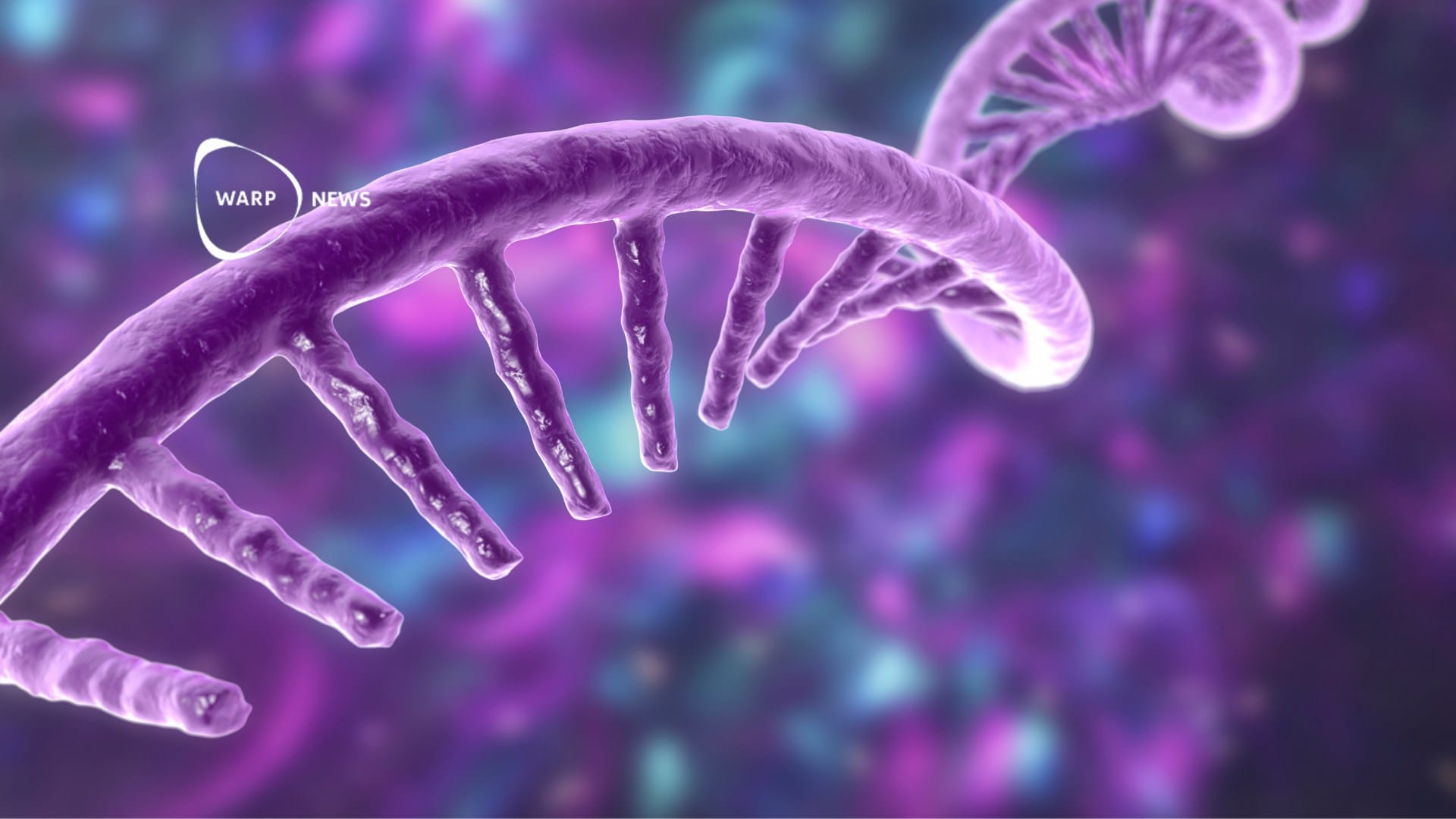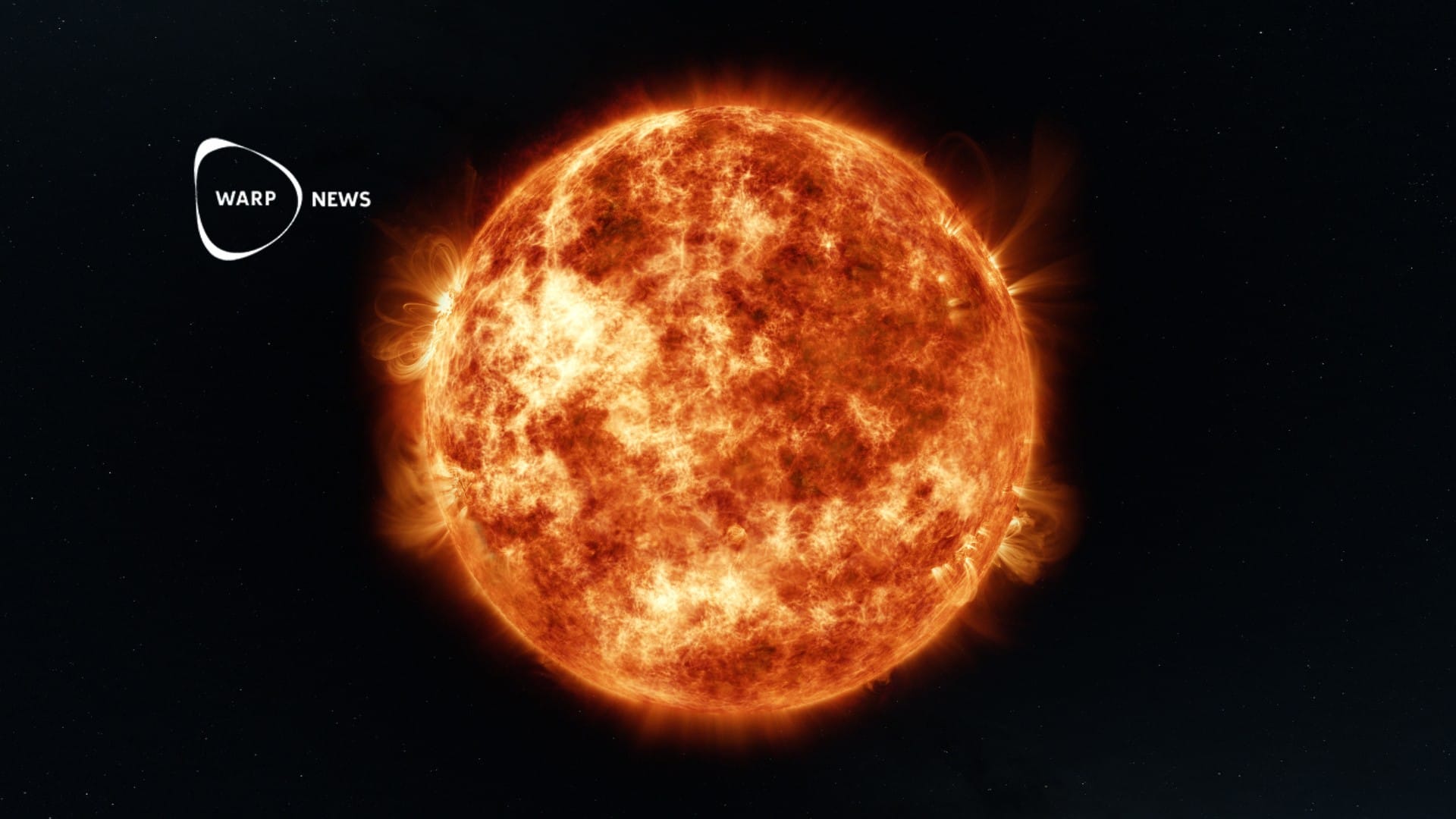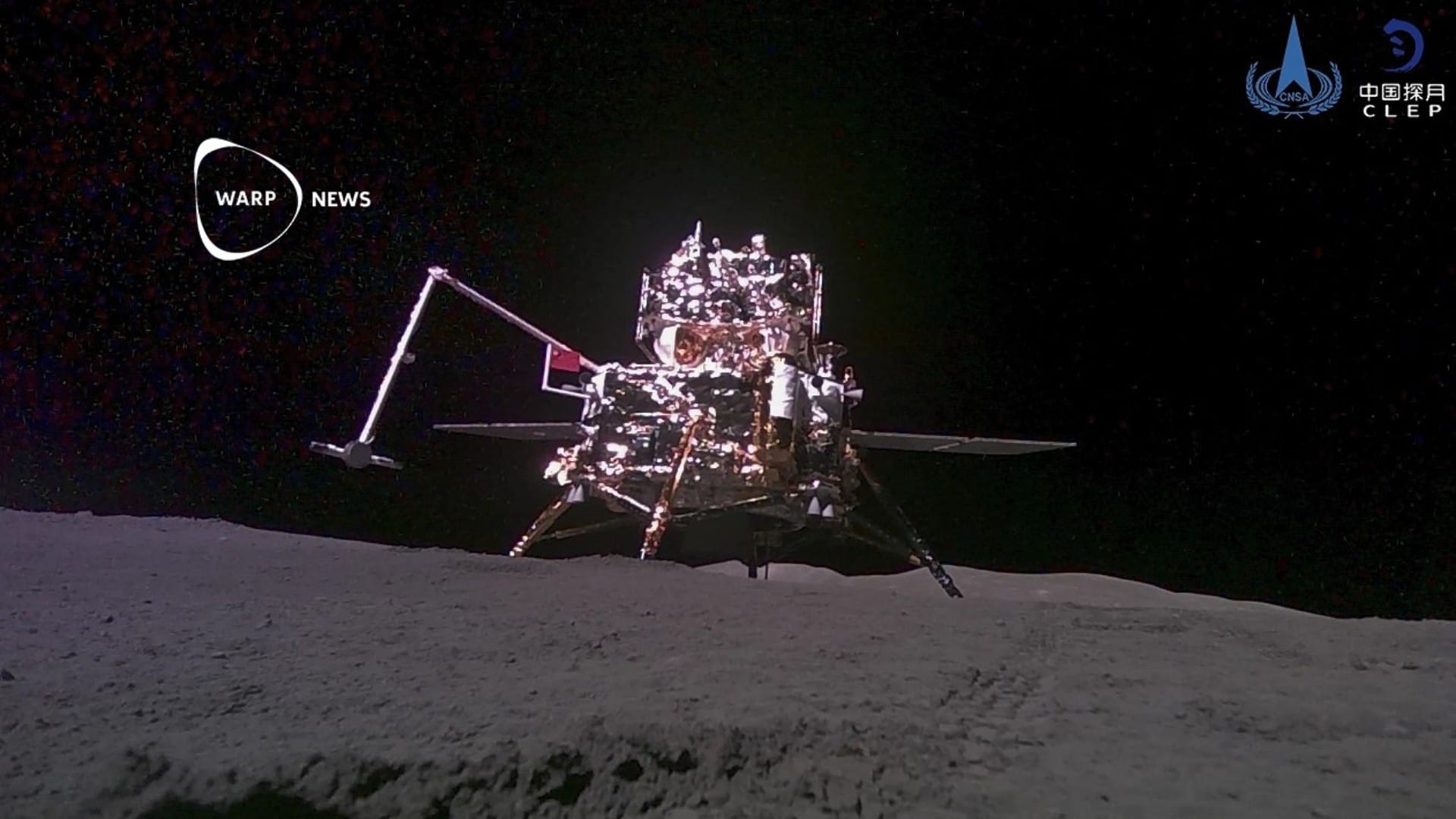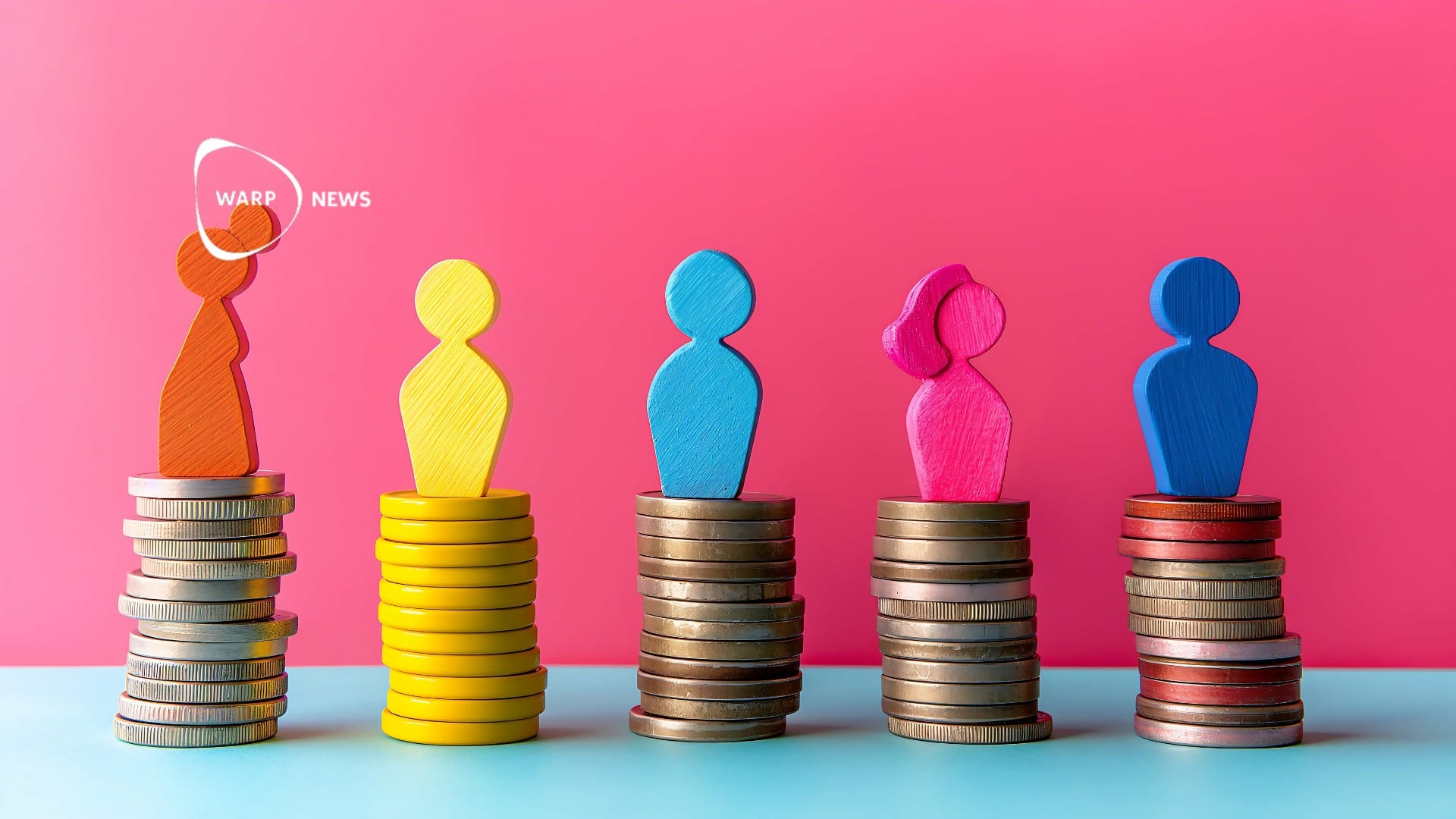🧬 Newly discovered system allows researchers to edit DNA using RNA
Researchers at Arc Institute have discovered a completely new molecular system for editing DNA using RNA. The system enables programmable DNA changes such as inserting, removing or inverting DNA sequences.
🔋 Battery prices continue to drop, lowering the cost of electric vehicles
The price of lithium-ion batteries in China has decreased by 51 percent in the past year. Lower battery prices make electric vehicles cheaper than fossil fuel cars in many segments, and large-scale battery solutions in energy systems become more profitable.
🐳 AI has been used to identify a phonetic alphabet in sperm whales
CETI is a research project aimed at understanding whale communication. Sperm whale vocalizations show a structure similar to human language. They have now discovered 156 distinct coda types instead of the previously known 21.
👩🏫 AI teaching tool Khanmigo now free for all US teachers
Khanmigo, an AI tool for teachers, is now free for all teachers in the USA. The tool helps teachers with over 20 different tasks and can save more than 50% of their preparation time. Microsoft and Khan Academy are collaborating to improve math education with small language models.
🔭 Solar telescope tracks the source of the solar wind for the first time
Solar Orbiter has made the first direct measurement of the solar wind and traced it back to its source. Measurements show that the solar wind comes from areas with sunspots where the magnetic field is intense. The discovery could improve predictions of solar storms that affect Earth.
🌒 Space probe returns with samples from the far side of the moon - for the first time
The Chang'e 6 probe has successfully retrieved rock and soil samples from the far side of the moon. The samples are expected to contain 2.5 million-year-old volcanic rock. This is the first time samples from the far side of the moon have been collected.
🦾 AI-designed proteins work in stem cell study
AI-designed proteins have successfully transformed stem cells into blood vessel cells. The proteins helped build regenerative tissues and worked in animal transplants. The technology can potentially be used to repair damaged tissue and treat diseases.
☢️ Bill Gates invests in next-generation nuclear power in Wyoming
Bill Gates and his energy company TerraPower are starting the construction of an advanced nuclear power plant in Wyoming. The project uses sodium for cooling instead of water, making it safer and more efficient. The plant is estimated to cost up to 4 billion dollars.
📉 The number of countries with high economic inequality is decreasing
The number of countries with high inequality has decreased from 77 in 2000 to 52 in 2022. High inequality is mainly concentrated in Sub-Saharan Africa and Latin America. Reduced inequality can lead to increased economic and human development.









